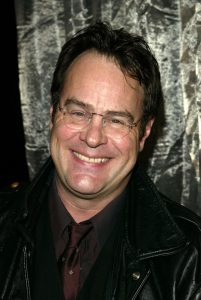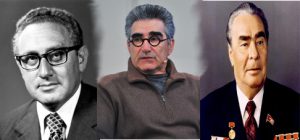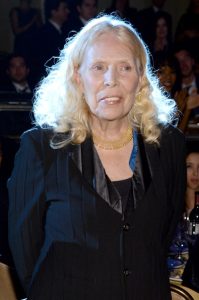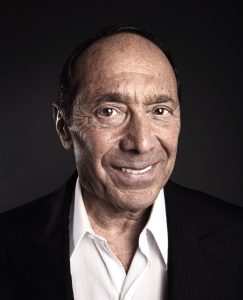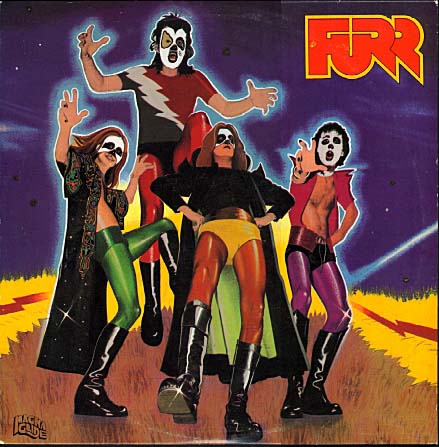Rosalie,
Michael Tarry (1973) (Can Con)
Peaked in Canada at #8 in the first week of July
If you check the Canadian charts that week, he was up against some serious competition, which included — all in the same week —
“My Love” by Paul McCartney;
“Frankenstein” by Edgar Winter;
“Yesterday Once More” by the Carpenters;
“Tie a Yellow Ribbon” by Dawn;
“Give Me Love (Give Me Peace On Earth)” by George Harrisson;
“I’m a Stranger Here” by 5-Man Electrical Band;
“Stuck in the Middle With You” by Stealer’s Wheel;
“You Are The Sunshine Of My Life” by Stevie Wonder;
“Cisco Kid” by War;
“Space Oddity” by David Bowie;
“Walk On The Wild Side” by Lou Reed;
“Drift Away” by Dobie Gray;
“Kodachrome” by Paul Simon;
“Daniel” by Elton John;
“The Farmer’s Song” by Murray McLaughlin;
“Smoke on the Water” by Deep Purple;
“Leroy Brown” by Jim Croce;
“Shambala” by Three Dog Night.
I could go on. These consist of the hits that to me characterise what the ’70s were about, musically.
Ref: Chart
That’s most of my all-time favourites, all charting in the same week.
Rosalie was one of those songs I heard once in a while and stuck in my head henceforth, and until today I only had a vague idea what the words were. I finally had enough (almost 40 years later), and Googled a lyric snippet and got this (see below). I also know the author finally — Michael Tarry McDermott, born in England but presently residing in Marmora (population 1671), Ontario, a place somewhere between Kingston and Peterborough, just north of Belleville (Google Earth to the rescue!). The name that appears on the single is “Michael Tarry”.
She was a ballet dancer,
with the grace of a dove she would dance up above in the other room.
I would invite her down to tea,
but she never would agree,
she didn’t like my way of doing things;
it’s not her way.
And when the music played,
like arrows in your heart,
bleeding from the start she meant everything.
Make the answer lie within
and your troubles not begin,
can you make it that way for me?
Rosalie Rosalie
can I sing you a song?
and tell you all my secrets?
and tell you all my thoughts?
There’s nothing I’d like better
and there’s nothing I would not do for you, Rosalie.
Of all the things we talked about,
it would never come across,
you would always get so cross and ruin everything.
You know I tried my very best;
when I did I pleased you less,
there’s no use in trying anymore.
Rosalie Rosalie
can I sing you a song?
and tell you all my secrets?
and tell you all my thoughts?
There’s nothing I’d like better
and there’s nothing I would not do for you, Rosalie.
Rosalie Rosalie
can I sing you a song?
and tell you all my secrets?
and tell you all my thoughts?
There’s nothing I’d like better
and there’s nothing I would not do for you, Rosalie.
Visits: 543
Like this:
Like Loading...
